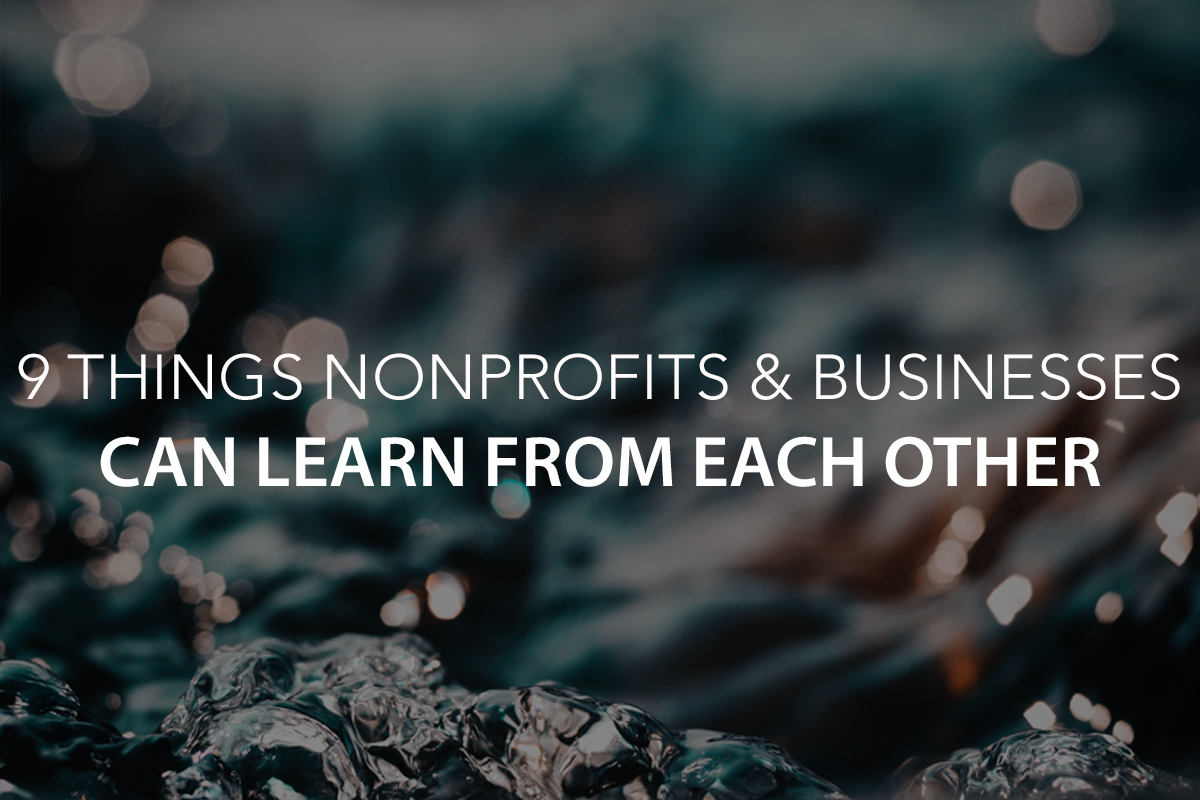In studying eight of the world’s most successful groups, researchers found that creating a culture of safety is crucial. Here are 10 elements that help build a safe culture and therefore a successful organization.
Read more8 Principles Your Organization Can Learn From the Super Bowl
The Super Bowl is the mother of all sporting events in the U.S. Over 100 million viewers. Commercials that cost $5 million dollars and are watched as intensely as the game. And winning the game significantly increases the value of the team and each of its players. So what can our organizations learn from this epic game? More than you may think! Here are 8 important principles.
Read more6 Times When Your Organization Is Most Vulnerable
When is your organization most vulnerable to decline? Sometimes when you least expect it. Here are the top six seasons when organizations are most vulnerable to a crisis.
Read more10 Lessons on Effective Teams from the Human Towers of Spain
Every year in Spain, the long tradition of building Castells—human towers reaching up to 10 stories—takes place. Teams compete to build the tallest and most complex tower made only of human beings standing atop one another. Here are 10 lessons on effective teams from this amazing feat.
Read more7 Surprising Stats About Today's Workplace
What percent of new hires start looking for a new job within 3 months? Take our quiz to test your knowledge of today's workplace.
7 Reasons Why 70% of Change Efforts Fail – And What Leaders Can Do About It
One of the top jobs of a leader is to guide his/her organization through change. And while change itself can kill the organization, resistance to change is guaranteed to do so! Here are seven reasons change efforts sometimes fail and what we as leaders can do to improve the odds of success.
Read more5 Quotes worth Discussing as a Team
Sometimes, all you need is a unique perspective to jump start the process at hand. Here are five interesting concepts and quotes that I believe are worth discussing with your team.
Read moreWhat’s More Important Than Compensation? 4 Benefits of Relational Connection at Work
What is the one thing that can bring huge benefits to the workplace? Hint: this doesn’t even cost the organization a penny. Relational connection can significantly benefit an organization – even more than compensation can! Cultivating a culture of relational connection can produce the following important benefits to organizations, their employees, and their leaders.
Read more5 Changes Nonprofit Boards Should Consider as They Move into the Future
Serving on a nonprofit board can be very rewarding. However, I have heard complaints about serving on boards far too often. Here are 5 changes many nonprofit boards should consider as they move into the future.
Read more4 Ways to Shape Your Organization’s Culture
“Corporate.” “Casual.” “Friendly.” “Excellent.” “Ruthless.” Every organization, department, board, and even family has a culture – a unique climate created by the values and beliefs of the leader. Here are four ways you can shape the culture of your team or organization.
Read more9 Things Nonprofits and Businesses Can Learn from Each Other [Infographic]
It's easy to assume that our way is the best way. But nonprofits and businesses can actually learn a lot from each other. Here are 9 important lessons.
Read moreThe #1 Reason People Leave Your Church
Regardless of church size, we have found this to be one of the top three reasons someone has left the church.
Read more6 Leadership Articles You Should Read in the Next 90 Days
Our lives tend to slow down a bit over the summer. This is the perfect time to evaluate ourselves and work on our weak spots to get ready for the craziness that usually accompanies the fall. Here are six leadership articles that everyone in a leadership position should take the time to read this summer in order to gear up for the months ahead.
Read moreBuilding Trust Part 4: Competence
Competence is primarily concerned with an individual’s or organization’s capacity to perform a task or role with an acceptable level of proficiency.Sometimes people start in a position or role where they initially have the necessary competence to succeed. However, influences such as organizational growth, reduced personal energy level, personal problems, or cultural shifts can ultimately result in a decline in proficiency.
Read more5 Things Your Employees Need from You
Our last blog post was on the 5 things team leaders need from their team members. However, a relationship is not a one way street. Those team members also have unspoken needs that their boss has to fulfill in order for them to perform to their highest effectiveness.
Read more















